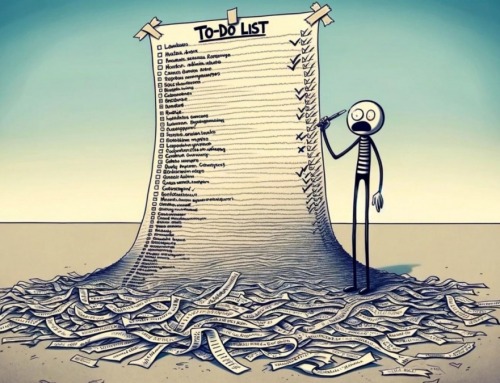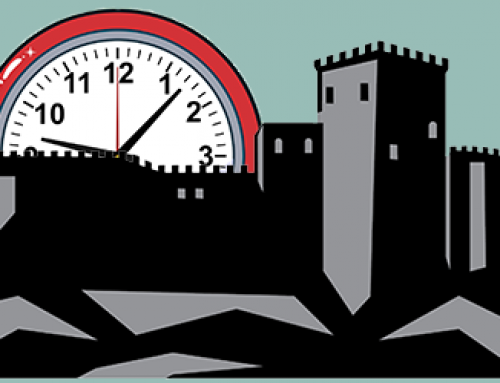One of the most important decisions to make in having a successful rollout for your Customer Relationship Management software is to choose the right administrator. This seems like a simple step, and often it is overlooked or underestimated.
Some organizations and particularly small businesses may think, “We don’t need an administrator” or “we will all just share the administrative responsibilities.” This is not a good policy.
Having an administrator and choosing the right person for the job is vitally important in ensuring a successful implementation of your CRM software and ensuring that it will actually provide benefits for your business and your team members.
A CRM administrator is typically the person who serves as the connection between your software system and the team members who use it. An administrator needs to know and understand the system, but he or she must also understand your sales, marketing, and other business processes.
It is not enough to merely be someone who evaluated and perhaps helped make the decision to purchase your CRM software. And it is not enough to merely be someone who is “good” with software and technology.
So, what sort of person would be your ideal CRM administrator? We have compiled the following qualifications to help you evaluate and select the right candidate for the job.
1. Adaptable and quick to learn new things. Your administrator will likely be the primary resource to teach others how to use your CRM software and provide ongoing training and support. So, of course, it is important that your administrator be highly adaptable and able to learn new things quickly. This not only applies to learning software, but it applies to continually learning more about your business and how your CRM solution will support and interface with different areas and functions of your operations.
2. Understands business processes and workflow. A common mistake is to appoint an office manager or administrative assistant to the role of CRM administrator, simply because that person has the bandwidth or deals with other administrative tasks. However, if this person does not have a thorough or at least reasonable understanding of the workflow and processes within the organization, it will be difficult for that person to add value and help you get the most out of your CRM system.
3. Has proven project management skills. A CRM software implementation is a perfect example of a project that requires skillful management to complete successfully. Good project management skills are essential to managing your implementation, which may include stakeholder interviews, software needs and capabilities assessments, setting goals for the project, and managing the scope, timing, people, and tasks associated with the rollout. A good project manager will be capable of managing all of these requirements, moving the project forward, and asking the right questions.
4. Has leadership capabilities. Another key trait in a successful CRM administrator, particularly during the evaluation and implementation phases, is leadership. Ideally, you want someone who is professional, organized, and can command respect and cooperation among your team members. One litmus test for leadership capabilities is to consider what would happen if your candidate scheduled a meeting with your top sales people. Will they show up for the meeting? Will it be organized and run efficiently, with an agenda followed by a constructive discussion and documentation of resulting action items or insights? Will your candidate be able to consider diverse opinions, lead a discussion, encourage cooperation, and bring it all together in the interest of advancing the project? If the answer is ‘yes’, then you may have an excellent candidate for your role of CRM administrator.
5. Has time to devote to the process. Even if your candidate has all of the ideal qualifications, someone without the proper amount of time to devote to the process will struggle to get the results you need. As much as installing and getting your CRM software up and running can be quite simple and easy with the right solution, it requires time and due diligence from your administrator to make sure that stakeholders are supporting the effort, everyone is on the same page, best practices are promoted, training resources and events are provided, and results are tracked. If your administrator does not have sufficient time for the project and one or more of these areas languish as a result, you may not achieve the implementation outcomes that your business needs.
6. Does not need to be an IT resource. Some people mistakenly think that, because a CRM implementation involves software that your administrator must be a member of your IT staff. This is not the case. With the best CRM solutions, most of the technical work required for configuring the software can be done with limited IT knowledge and without requiring specialized programming or systems management skills. So, if there is an ideal candidate from outside your IT department who fulfills all of your other requirements and is adept at using and understanding software, that person may be your best choice. However, having an IT resource who happens to meet all of these qualifications can certainly be a good thing too.






